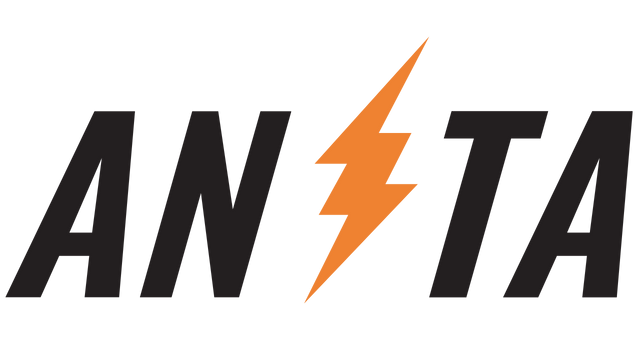How Money Is Created
This is a series about the history of money and the current financial system taken from my book (L)earn Bitcoin
Pt. 1 The evolution of money
Pt. 2 How money is created
Pt. 3 Central banks and inflation
Pt. 4 Bitcoin is not a Ponzi scheme
Pt. 5 Today's Petrodollar System
"The central bank must be trusted not to debase the currency, but the history of fiat currencies is full of breaches of that trust."- Satoshi Nakamoto
Learning about Bitcoin was an eye-opener for me. There are two distinct periods of my life, one before Bitcoin and one after Bitcoin. I see things completely differently today. In my goal to understand Bitcoin, I first had to understand the current monetary system. What are the differences between currency systems like the USD or Euro and Bitcoin? What is inflation? What role are central banks playing, and so on? It's puzzling that we do not learn these concepts in school, but this specific lack of education may, unfortunately, be intentional.
180 currencies are used in 195 countries around the world. A currency is a system of money in common use, defined by governments. Many jurisdictions define their national currency as legal tender; it is money declared by law to be valid for the payment of debts that cannot be refused as a method of payment.
All 180 currencies – the US Dollar, the Euro, the Yen and the Pound Sterling, for example – can be defined as being within a category called ‘fiat money’. Since 1971, none of these fiat currencies has been backed by gold or by any other tangible asset. Money has value because we believe in it. Money is a language to express how valuable something is, socially. The word fiat stems from Latin and means "let it be done". Current money is created through an entry in a digital ledger and is just a number in an accounting system. There is no creation of real-world productivity behind it.
Who is in charge of the creation of money? It’s a mix of governments and central banks, together with commercial banks. It’s a centralized, hierarchical system with gatekeepers. There is no agreement on a supply limit or emission rate.
Fiat is "money by decree"; it's coercively managed through the state's implicit threat of violence. Value is being maintained by the creation of an endless tax liability that you can only satisfy with fiat money and by state-administered security markets, as well as legal tender laws and tax policy.
- Money is created by central banks in the form of paper money and coins.
- Central banks buy assets and bonds from the open market, money flows into the system.
- Money is created through government stimulus, through benefits, grants and bail outs.
- Money is created by commercial banks through loans.
Money Is Created Through Debt
The last point is one we all know. It is how we take out a loan to buy a house, start a business or buy a car. The process is easy, but only for those who are already privileged. If you cannot put forward some security as collateral, you are a small business owner, you do not have a regular fixed income job, or you are a woman in a country where women are still forbidden to own any property, then you will probably not qualify for credit at your bank. If you do get the loan, the bank edits its digital ledger and adds the credit sum to its account. You then owe them the loan plus the rate of interest. You must now go out and work or sell something in order to be able to pay back the loan plus the interest rate. It's a great deal for the banks. They add nothing, but earn the fees for your loan agreement and the interest on your payback.
On top of that, there is something called fractional-reserve banking. This allows banks to lend out more money than they hold in reserves or as balances in their account at the central bank. The minimum amount that banks must hold in liquid assets, called the "reserve ratio", is determined by the central bank. This rate varies from country to country. In the Euro area, banks have to hold a minimum of 1% at the time of writing. In March 2020 the FED abolished this minimum reserve requirement due to the COVID-19 pandemic. Canada, the UK, New Zealand, Australia, Sweden and Hong Kong all have no reserve requirements. If each of us were to go to the bank today and request to withdraw our money, the banking system would fall apart. Because the banks have lent out more money than they own, they would be unable to give you back your own money.
In 2020 global debt rose by an incredible 24 trillion to 281 trillion USD, or 355% of global GDP. [^6]

Next an article about central banks as lenders of last resort and what that means and an explainer on money supply inflation.
[^6]: Debt to GDP ratio, JS Blokland
This content is part of my (L)earn Bitcoin book available as paperback and ebook.
{|<}earn-Bitcoin-book.png)
Subscribe to (L)earn Bitcoin
Subscribe for my weekly newsletter. It's free.



earn-Bitcoin-book.png)

